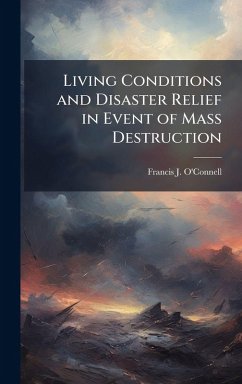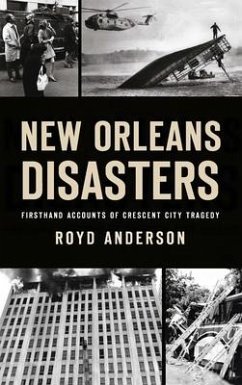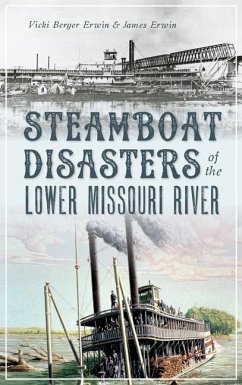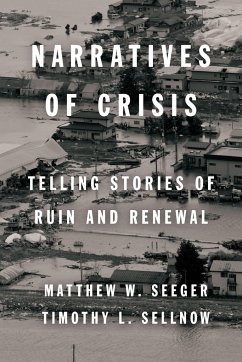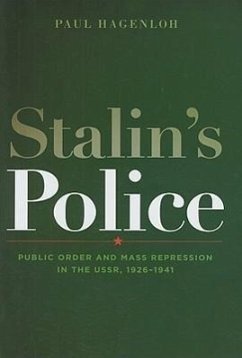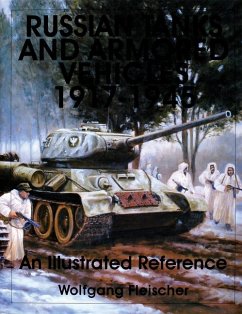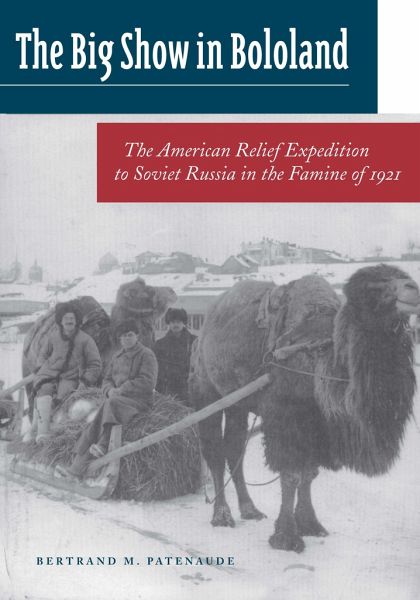
Big Show in Bololand
The American Relief Expedition to Soviet Russia in the Famine Of1921
Versandkostenfrei!
Versandfertig in über 4 Wochen
157,99 €
inkl. MwSt.

PAYBACK Punkte
79 °P sammeln!
When a devastating famine descended on Bolshevik Russia in 1921, the United States responded with a massive two-year relief mission that battled starvation and disease, and saved millions of lives. The nearly 300 American relief workers were the first outsiders to break through Russia's isolation, and to witness and record the strange new phenomenon of Russia's Bolshevism. This epic tale is related here as a sprawling American adventure story, largely derived from the diaries, memoirs, and letters of the American participants, who were a colorful mix of former doughboys, cowboys, and college b...
When a devastating famine descended on Bolshevik Russia in 1921, the United States responded with a massive two-year relief mission that battled starvation and disease, and saved millions of lives. The nearly 300 American relief workers were the first outsiders to break through Russia's isolation, and to witness and record the strange new phenomenon of Russia's Bolshevism. This epic tale is related here as a sprawling American adventure story, largely derived from the diaries, memoirs, and letters of the American participants, who were a colorful mix of former doughboys, cowboys, and college boys hungry for adventure in the wake of the Great War. The story is told in an anecdotal, even novelistic, style that is accessible to a broad readership. More than a fascinating historical narrative, the book serves as a political and social history of the aftermath of the Russian Revolution, and as a study of the roots of the fateful U.S.-Soviet rivalry that would dominate the second half of the twentieth century. The book's opening section of chapters recounts the chronological story of the American mission to Bolshevik Russia, dubbed by those who served as the "Big Show in Bololand." It is followed by sections which examine the personal triumphs and tragedies of the relief workers and of their beneficiaries; the political confrontations between these emissaries of American capitalism and the Bolshevik commissars, who struggled to gain control over the relief effort; and the unique American-Russian cultural encounter occasioned by the presence of the relief workers, who came into daily contact with all classes of society--from impoverished former aristocrats to the poorest peasants.




